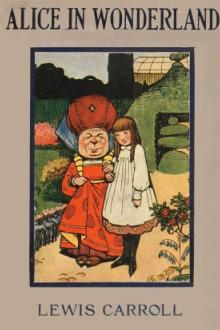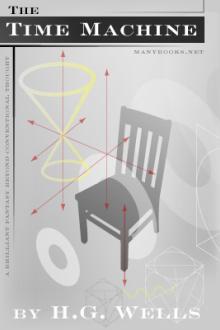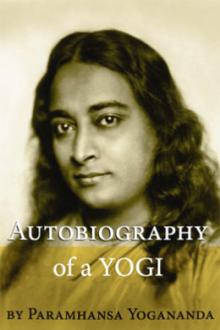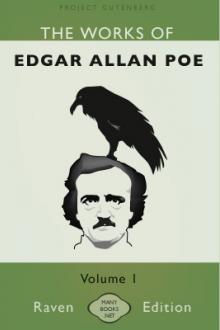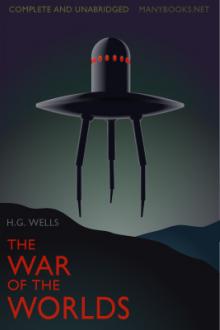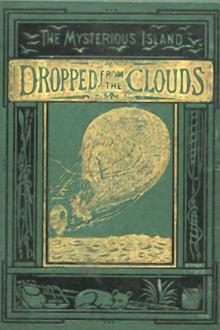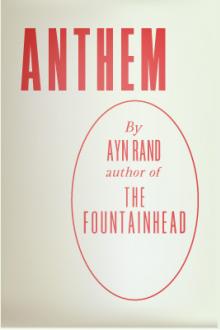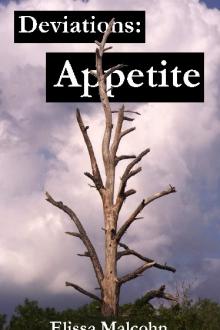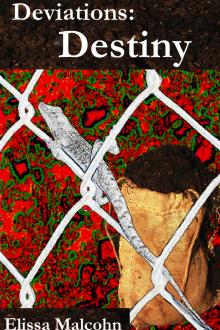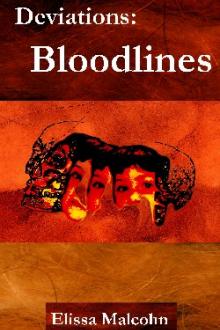Deviations: TelZodo
Book Excerpt
The demon pulled him in, stroking. Squeezing. They rolled on the ground. His balls clenched as though they were worth the trouble. His whole body was a liar, swallowing his miraculous birth and then spitting it out. So much promise, locked away and forever out of reach.
He smothered her in his lap as he spasmed. Filled her stomach with void. He let go of her hair and dropped limp out of her mouth.
She collapsed against him in cloying musk, too spent and too numb to talk. But she nodded when he held up his fist. Insatiable. Trying to forget as much as he was. The old ones, the ones who remembered the Covenant, always managed to keep up with him.
TelZodo opened up the tin, dipped into the cream, and smiled at her breathing grown heavier. He coated her first, slipping from her clitoris to her labia, his other hand caressing her anus. He teased her with a fingertip while his other hand unfolded its slathered fist and began its gradual cra
Editor's choice
(view all)Popular books in Fantasy, Science Fiction, Post-1930
Readers reviews
Malcohn is a very thoughtful story teller. Together, the Deviations series employs an ethnographer's 'thick description' to explore how two races deal with the intractable fact that one, the Masari, must eat the flesh of the other, the Yata, to survive. At one level the stories focus on the detail of culture; the artefacts and rituals and the social obsession with drinking herb tea. At the same time, Deviations deals with the ethical, political, economic and emotional consequences. Its characters are complex and evolving; none of them have unchallenged possession of the moral high ground. 'Malcohn's World' consists of a series of contrasting but linked pairs of communities (one Masari, the other its Yata meat-source) which each operate a different means of delivering Yata meat; from a religious sacrifice, via bouts of contained warfare, to a card game. The Masari as well as the Yata become a food source, and Malcohn looks long and hard on the 'human' costs of killing sentient beings for food.
The stories traverse an increasingly claustrophobic geography which pins the resulting flux of power, sex, violence and trade to the varied topographies of these communities. The plot ranges across warfare, economic change, resource scarcity, industry and wage labour, science and its limitations.
Since Telzodo deals with a period fifteen years after the earlier novels, the thematic focus of this novel also extends an earlier theme about history, memorialization and the cultural and emotional need to recover and register the past, in particular its atrocities. Characters live on through the written traces they leave in the record and the act of remembering, recuperated from the earlier era of sacrifice and atonement for the killing, becomes central to Telzodo's sense of self. Being half Yata and half Masari, Telzodo is also caught in the predicaments of mixed race, which also come to haunt these societies. There are echoes here of the impact of modern imperialism in the 'real' world Malcohn's World is also, of course, our own post-imperial, war-torn world in a era of dawning austerity.
- Upvote (0)
- Downvote (0)
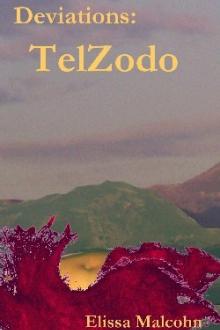
 Free Download
Free Download











